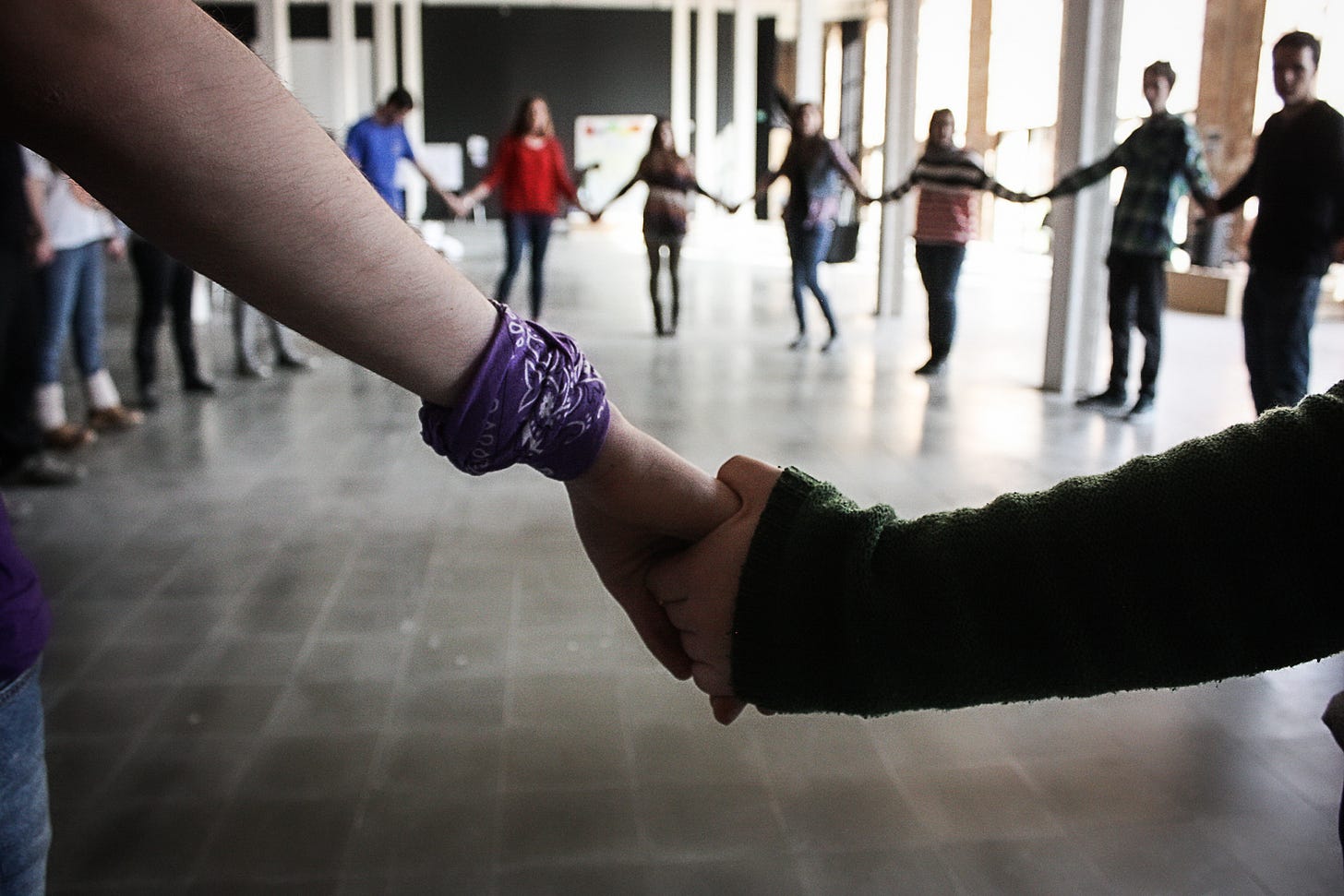Redefining Success: Nurturing Collective Achievement and Impactful Contributions
By shifting the narrative toward collaboration and interconnectedness, we can foster a mindset that appreciates the inherent worth of collective achievement alongside individual accomplishments.
One of the most formidable challenges faced by children is navigating a world brimming with empty inquiries. Among them, the most significant is the commonly posed question to children about their aspirations as adults. Rather than delving into an explanation as to why we should desist from asking such questions, it is more valuable to explore how we can resist the temptation to define ourselves and others as isolated entities detached from our environment. Our social interactions, which substantially shape our potential, changes, and growth, are key components that should not be overlooked.
In essence, it is crucial to understand why Western cultures place such a pronounced emphasis on individuality and why our notion of success is so closely tied to individual achievement. Despite being well aware that collaboration is often indispensable for success, why do we still cling to the notion of individual accomplishment?
To address these queries, we must delve into the cultural and historical context that has fostered this obsession with individuality. In Western societies, the concept of individualism has been deeply ingrained for centuries, stemming from philosophical, economic, and societal development. Philosophically thinkers such as Descartes popularized the notion of the individual as a separate, thinking entity, giving rise to the famous phrase, “Cogito, ergo sum” (“I think, therefore I am”). This emphasis on individual thought and existence laid the foundation for the perception of the self as distinct and autonomous.

Moreover, the rise of capitalism and market-driven economies further bolstered the significance placed on individual success. Capitalist systems often reward individual achievement, promoting competition and the pursuit of personal gain as the primary market success. This ideology pervades various aspects of society, from education to career advancement, where individual achievements are celebrated and prioritized.
This is the reason universities have become excessively commercialized in the United States. This market-driven approach has had significant ramifications for the education system as a whole. As universities face mounting financial pressures, they often resort to increasing tuition fees to generate revenue. This has resulted in a situation where higher education has become increasingly unaffordable for many students and their families, creating barriers to access and perpetuating socioeconomic inequalities.
When we approach education with a mindset centered in collective growth, we begin to understand that the success of one person can positively impact the entire community.
However, I believe there is an even more profound and impactful way to conceive of success. It involves embracing the notion that my personal achievement, such as the opportunity to attend college, can be seen as a stroke of luck that benefits not just me as an individual, but the entire community to which I belong. Instead of viewing schools and universities solely as institutions for individual growth, we can reimagine them as centers for collective development.
This shift of perspective entails reorganizing that our accomplishments are not isolated or disconnected from the wellbeing of those around us. When we approach education with a mindset centered in collective growth, we begin to understand that the success of one person can positively impact the entire community. By investing in the education and development of individuals, we are ultimately investing in the betterment of society as a whole.

When Colectivo Piloto was established in 2004, our foundation was rooted in the belief that quality education is a fundamental and universal right. We embarked on this journey with a firm commitment to collective development, recognizing that collaboration is essential for surmounting any challenge.
Our founding principles were guided by the understanding that education should not be a privilege limited to a few, but a right accessible to all members of society. We sought to create an inclusive educational environment that fostered equal opportunities and empowered individuals to realize their full potential as members of an active community. By embracing the power of collective efforts, we can create a brighter and more equitable future for all.
The Bottom Line
In an era where individual influencers have emerged as role models for the younger generation, it is crucial to redirect the focus away from simply asking children what they want to be when they grow up as individuals. Instead, we should engage them in more profound conversations that delve into their aspirations and how they envision making a positive impact on the world. By shifting the narrative toward a greater emphasis on collaboration and interconnectedness, we can foster a mindset that appreciates the inherent worth of collective achievement alongside individual accomplishments.




